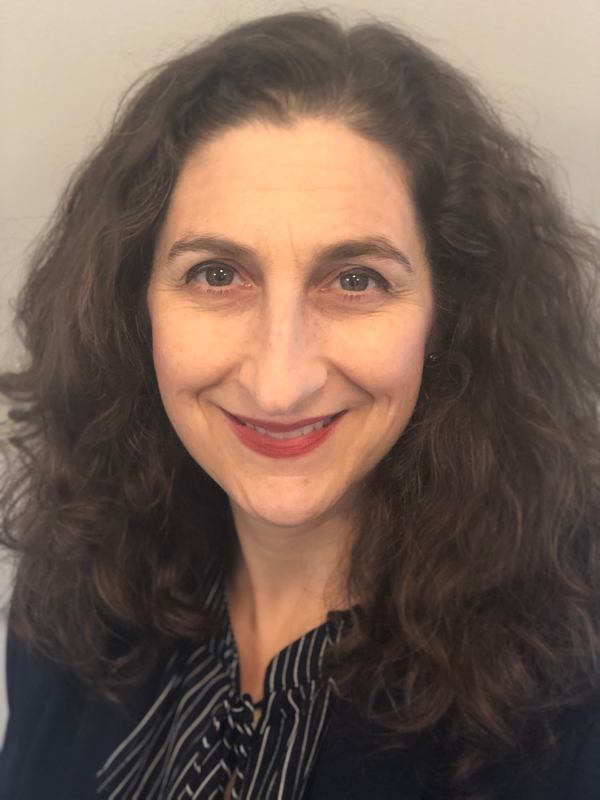Naomi Chesler to Lead UCI Edwards Lifesciences Center for Advanced Cardiovascular Technology

July 23, 2020 - Biomedical engineer Naomi Chesler has been appointed director of UC Irvine’s Edwards Lifesciences Center for Advanced Cardiovascular Technology. Chesler, previously the Vilas Distinguished Achievement Professor and director of the Vascular Tissues Biomechanics Laboratory at the University of Wisconsin, joined the Samueli School, July 1, 2020.
ELCACT, founded in 2009 is an academic-based research and training center housed in the Samueli School. The interdisciplinary center partners with Orange County’s dynamic biomedical device community, leveraging research and industry expertise to better understand cardiovascular disease and develop new technologies focused on its treatment.
Chesler, who earned her master’s degree in mechanical engineering from MIT and her doctorate in medical engineering in a joint Harvard/MIT program, also will join the faculty of UCI’s Department of Biomedical Engineering as a professor. She specializes in vascular research and biomechanics.
“I’m very excited to join the Edwards Lifesciences Center for Advanced Cardiovascular Technology as the next director,” she said. “The center, which already consists of a highly creative, productive and collegial group of faculty and staff, is ideally located adjacent to a thriving medical device-based economy. With the generous support of Edwards Lifesciences and UCI, there is tremendous opportunity to grow the center in the coming years.”
“Naomi is a household name in the BME community and a proven advocate for diversity, equity and inclusion,” said Zoran Nenadic, William J. Link Chair and professor of biomedical engineering. “Her research successfully blends engineering techniques and animal physiology to tackle problems at the intersection of cardiovascular and pulmonary systems. Her scholarly work also includes research in education and pedagogy, where she has made sustained and meaningful contributions.”
Chesler plans to build on the center’s successes by pursuing large, collaborative and center grants, recruiting new faculty members, as well as continuing academic and industry-based student training and mentoring, while expanding outreach and educational activities to the community.
She also seeks to actively engage first-generation students and those from historically under-represented groups in the center’s research and training programs. “I want to increase both size and diversity in the engineering workforce,” she said. “As we advance basic and translational cardiovascular research and train the next generation of leaders in cardiovascular science and engineering, I look forward to contributing to ever-improving cardiovascular health and wellness.”
– Lori Brandt
